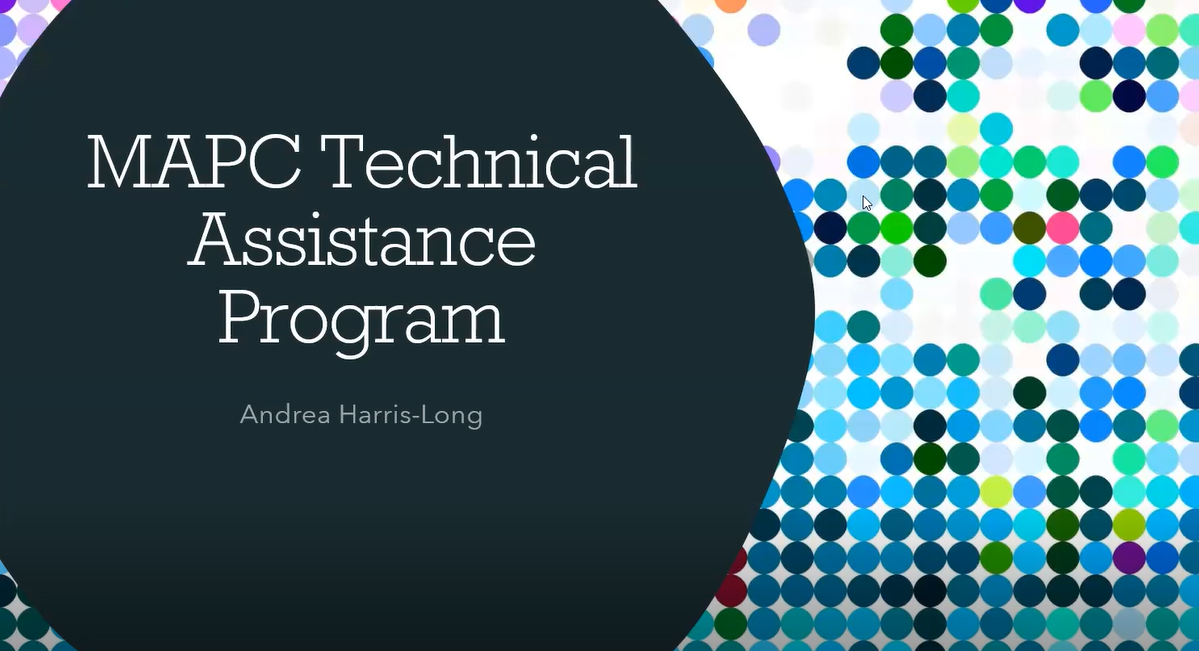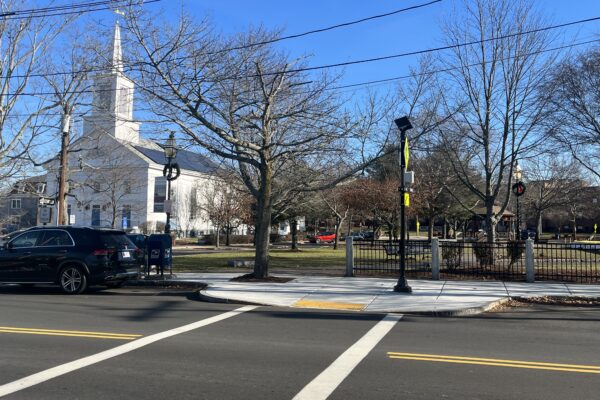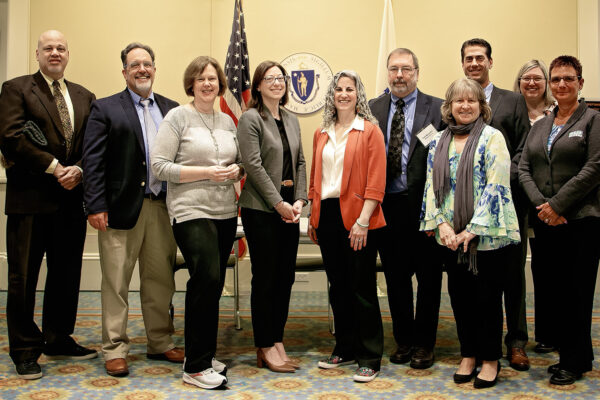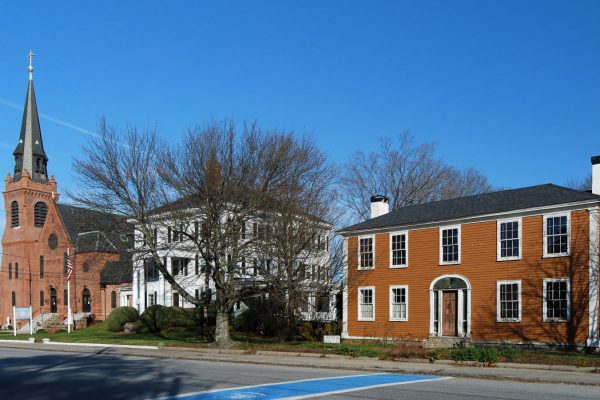
Technical Assistance Program (TAP)
The MAPC Technical Assistance Program (TAP) is a funding program that enables and assists cities and towns in implementing projects that are beneficial to the community.
Municipalities are invited to submit project concepts for work to be undertaken by MAPC through the TAP. MAPC accepts applications on a rolling basis. Funding is typically awarded in early spring and fall.
Questions? Please contact: [email protected].
Now Accepting Applications for 2025 Projects
We encourage you to apply by December 13, 2024 for consideration when the most amount of funding is available.
*Note: Once on the DocuSign application, you will need to enter your name and email address to be able to access the actual application.
Contact Gloria Huangpu at [email protected] if you have questions about the application process, to submit your application, or to learn about the status of your submittal.
Feel free to reach out to the sub-regional coordinator serving your municipality or MAPC department or working group managers and directors to discuss a potential project.
Additional Resources:
Incorporating Equity | Eligible Projects by Practice Area | TAP Program Showcase
Informational Webinar
December 7, 2022
Watch on YouTube
Criteria for Project Selection
MAPC funds a diverse range of projects through TAP. Each year, MAPC sets priorities for funding based on MetroCommon2050 goals, the agency’s Strategic Plan, the State of Equity for Metro Boston Policy Agenda, and the investment priorities of partner funding sources (e.g., the State’s District Local Technical Assistance program). In 2025, projects that include one or more of the following priorities will be prioritized for funding.
- Advancing racial and social equity by breaking down barriers to housing, economic mobility, positive health outcomes, emergency preparedness, and public safety. Projects that demonstrate strong partnerships between municipalities and community anchors or organizations are preferred.
- Multiple communities working together to better understand and address shared challenges. This also includes projects that can serve as a model for other communities. Projects that include documenting and evaluating the process for the purpose of sharing lessons, implementation tips, and other best practices will be prioritized.
- Projects that advance MetroCommon2050 goals related to Arts & Culture, Clean Energy, Community Engagement, Environment, Land Use, Economic Development, Housing, Municipal Collaboration, Public Health, and Transportation.
Project proposals that do not consider how to advance equity or include multiple communities may be awarded grants, if funding remains. MAPC staff is available to help applicants identify equity considerations and potential municipal partners as projects are developed to ensure competitiveness in the application process.
Additional information about the types of projects eligible for funding, including Community Compact Best Practices and Housing choice initiatives, is available here.
More Information on Preferred Projects that advance MetroCommon 2050
Selection Process
After project concepts are submitted, MAPC will work with the applicant to determine the best funding source(s) based on the specific ideas presented and the timetable and criteria of the funding sources that are best suited for the work.
Approved projects are awarded a funding allocation that is based on an assessment of anticipated tasks. If a project cannot be fully funded through TAP, MAPC will work with the applicant to pursue additional funding from other sources. Most awards will draw upon a variety of funding sources - including District Local Technical Assistance, Planning for MetroCommon2050 Technical Assistance, grants from private foundations, leveraged grants from state programs, and fee-for-service contributions.
Selected projects are assigned to a project manager, who works with municipalities to develop detailed scopes of work.
Questions?
Contact Gloria Huangpu at [email protected] if you have questions about the application process and the status of your submittal.
Applicants are encouraged to reach out to the sub-regional coordinator serving your municipality or MAPC department and division managers and directors to discuss a potential project.
Leverage TAP Funding with State Grant Programs
MAPC can help you apply!
MAPC often provides TAP funds to complement grants from state programs that advance MetroCommon2050 goals for smart growth. This partnership has enabled a variety of projects, from Housing Production Plans to multifamily and mixed-use zoning efforts. MAPC can assist municipalities in preparing applications for projects where the municipality would like to work with MAPC. Grant application programs include but are not limited to:
-
- Chapter 40R Smart Growth Overlay Districts
If you are interested in partnering with MAPC on a project and applying for a state grant program, contact [email protected].
District Local Technical Assistance (DLTA) Funded Projects
A significant share of the TAP is funded by District Local Technical Assistance (DLTA), money appropriated annually by the State Legislature and Governor to regional planning agencies. A selection of recently funded DLTA projects is provided below. To view a comprehensive list of projects from a variety of practice areas, browse the DLTA project summary reports that MAPC delivers to the Massachusetts Department of Housing and Community Development on an annual basis:
| 2024 Mid-Year Legislative Report | 2021 Mid-Year Legislative Report |
| 2023 Mid-Year Legislative Report | 2020 Mid-Year Legislative Report |
| 2022 Mid-Year Legislative Report | 2019 Mid-Year Legislative Report |





